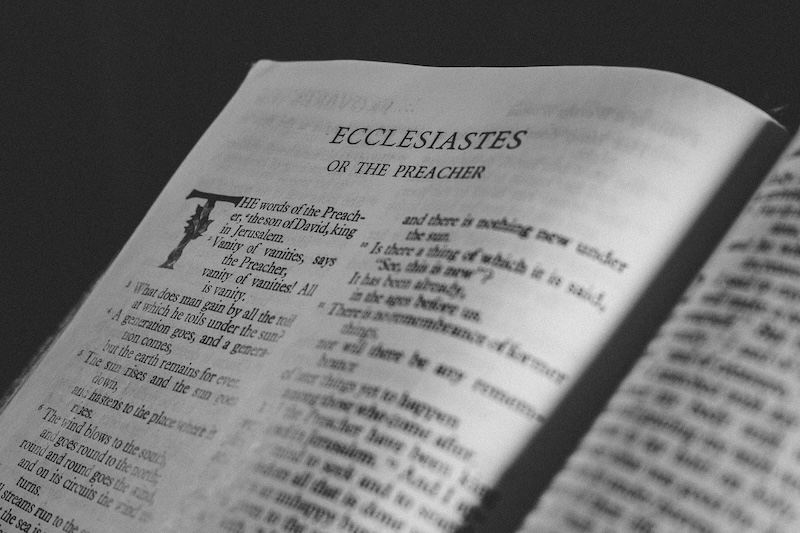Hey everyone! I’m back after our two weeks of family time (see Christina’s guest blog for a quick report on part of our fun!). Now, I’m settling into the second renew/revision part of the sabbatical: looking at leadership, empowerment, and engagement with the wisdom from the Disney Institute.
We’ll be looking back to look forward on how faith communities can understand their ministry impact through this lens. There’s a lot more wisdom than guesswork in how they make their magic! More on that in upcoming posts. Today, I want to open up a question to you, and hope to get your feedback on one question:
What stories or verses from the Hebrew and Christian scriptures speak to the core values of your faith?
So take a moment and head over to my Facebook page. Comment on the post there (or email me directly). Let’s see what stories have formed our faith and shaped us into a community as Christ’s body.
When we look back on the stories that formed our faith, I think we find a couple of “big themes:”
- “Jesus loves me…” Our earliest understanding of our faith is pretty simple. God made you special and loves us very much (thanks for the summary, Bob and Larry!). This “child-like faith” is echoed in Jesus’ words in the synoptics (Matthew 18:3; Mark 10:14; Luke 18:17). But please do remember the importance of reading the whole stories and not just the pull-quotes. The Bible provides us depth and breadth in our faith formation, but not when it is used to proof-text. Each of these three verses are sandwiched by stories of people wanting to set their own bounds and calling it “God’s love.”
There’s a great article on “The Importance of Childlike faith in the workplace” at the C.S. Lewis Institute. - “This I know…” Soon, our growing intellect opens out minds to ask the question ‘Why?’ That’s the Spirit-gift God gives us in our thinking, reasoning minds! Our child-like faith wants to grow in “wisdom and strength,” just like Jesus did. It’s developmental–part of growing up. It’s Erickson’s Fifth Stage brought into our faith formation, “Identity vs. Role Confusion.” And It’s why we offer value-centered youth groups, and Confirmation and Coming-of-Age classes.
One of the great blessings of a progressive Christianity is the guiderails it provides for identity formation. It allows for a centering on the traditions’ values, and for space to challenge the assumptions around them. It holds that the central place of faith in our lives is to help us be us, and not to inflict our beliefs on others (harming their formation into role confusion). - “For the Bible told me so…” Now, it’s time to kick the tires, and see where this faith will take us. For some, this may feel like a return to the first theme, “Jesus loves me…” or a rehash of “This I know…” But the nuance is this: Nobody is giving a strict rubric on interpretation. It’s up to you now. You’re on your own, kid. You always have been.
Except that you’re not, And you never were. “In life, and in death, and in life beyond death: God is with you.” This is a great example of M. Scott Peck’s shift from Skeptic to Mystic (Eric Weaver has a great primer on this, in commentary alongside Fowler’s Stages of Faith).
And so, we find ourselves looking back to look forward. We read and re-read those stories that told us that we are loved for exactly who God made us to be and embrace that spiritual connection with our Creator and our faith community. It may not be that community that nurtured us, and that’s alright. I hope that we are strong enough in our faith identity that we don’t fall into a community that forces us into role-confusing attestations that mask the division within the Christian traditions as “revealed truth.” That’s not how it’s supposed to work.
My hope is that each of us finds one that celebrates our gray areas. A place that helps us in our looking back so we can see where God is still-speaking and still-guiding us in our looking forward. That is how it’s supposed to work.
I’ll leave you with this truth in prayerful reflection.
-HEF

